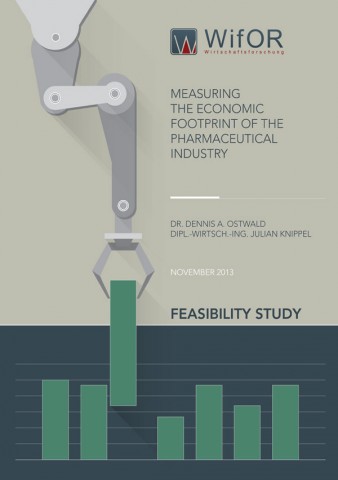
Boosting
Innovation and Access
Trade
Trade in medicines: Putting patients first
Trade in our sector allows spreading health benefits of new medicines throughout the world. Although they ensure the high quality of medicines we provide, governments should avoid imposing taxes, tariffs, and other unnecessary barriers to trade.
Put simply,
- trade in medicines and health technologies should flow freely and effectively across national boundaries for the benefit of patients in need, and that
- taxes, tariffs and other barriers delay the flow and increase cost of medicines and other health related products and so should be removed.
Our industry is a global one operating in an increasingly interconnected world. Its research, development, and manufacturing draw on numerous different countries and cultures resulting in the development of the vast majority of new life saving or health improving treatments for patients worldwide. So, it is key that the international trading system allows for the effective and efficient flow of our products across the globe.
Tariffs and taxes on pharmaceuticals have a detrimental effect on public health. In countries where an insurance system is not in place, patients settle their medical bills directly by out-of-pockets payments, worsening further their situation should they be financially vulnerable. In 1995, as part of the World Trade Organization, WTO Uruguay Round, 22 countries agreed to remove tariffs on approximately 7,000 pharmaceutical products, their derivatives, and certain chemical intermediates used to manufacture pharmaceuticals.
To increase access to more affordable drugs, current and future WTO negotiations should aim at increasing both the number of countries part to this agreement and the number pharmaceutical products, their derivatives, and certain chemical intermediates that are covered by it.
Unfortunately, there are also other technical barriers to trade which adversely affect the international flow of pharmaceutical products. Examples of these are lengthy and bureaucratic government procurement procedures which lack transparency. Our industry is one of the most highly regulated industries and most governments have set needed structures to ensure the quality, safety, and efficacy of the medicines distributed in their jurisdiction. As a result, pharmaceutical trade is often subject to many health-related regulations.

We believe that governments should refrain from implementing trade restrictions that do not aim at safeguarding public health. Why so, simply because these could delay patient’s access to medicines they direly need.
22
countries signatories of the WTO pharma agreement
USD 48.63 billion
trade between countries outside WTO pharma agreement
2.7 %
global ad valorem tariff average















